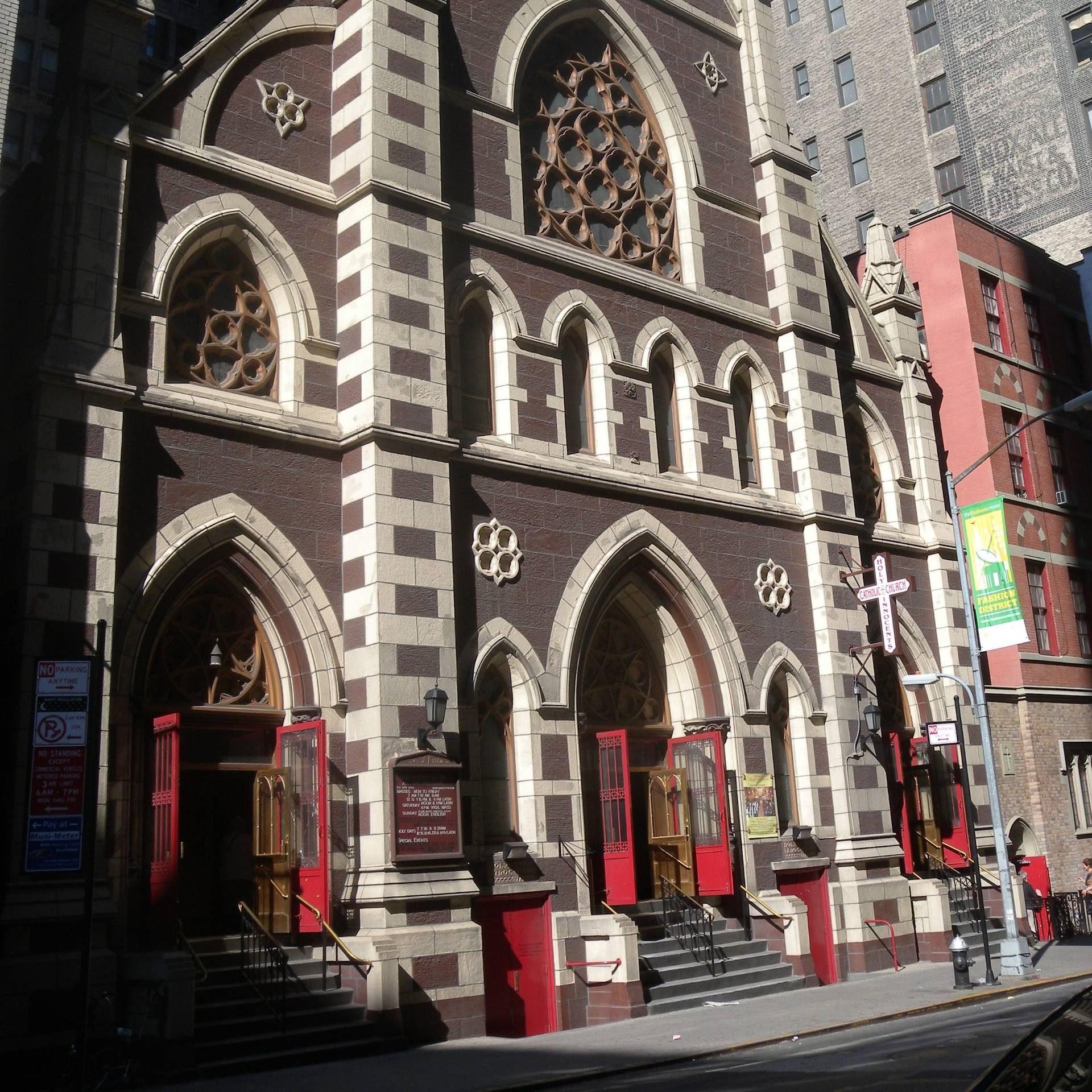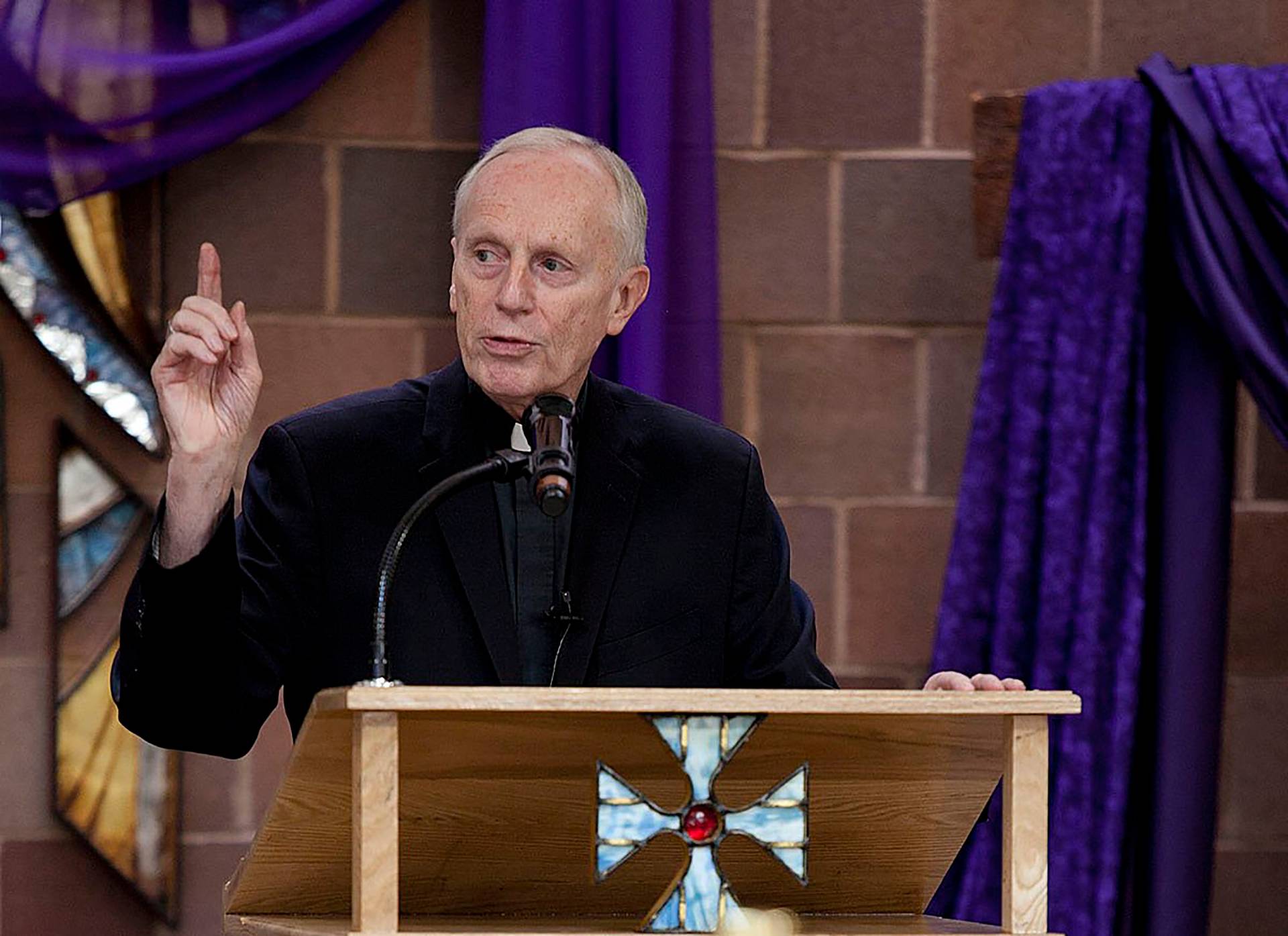When news broke of President Donald Trump’s executive order indefinitely halting admission of Syrian refugees to the United States, a move allegedly justified by the need to be sure that potential terrorists aren’t slipping through the cracks, I flashed on a remarkable encounter my Crux colleague Inés San Martín and I had in Egypt in June 2015.
We were in the country for a reporting series on anti-Christian persecution around the world, which also took us to Colombia, El Salvador, India and Nigeria. While in Cairo, we met a young man named “Stefano,” a 30-something Syrian Christian, who was seeking permission from the United States for him and his wife to enter the country.
“Stefano,” of course, was not the young man’s real name, but it was the Western name he had adopted in hopes of making himself more acceptable as a candidate for entry.
Over dinner one night, he told us his story. He was born into a Muslim family in Syria but always had a keen spiritual sense, and eventually his journey of discovery brought him to Christianity and the Catholic Church. He converted, braving death threats from his own family for doing so.
Stefano also has a razor-sharp mind, and wasn’t content to stop with being accepted into the faith. He began studying the Catholic intellectual tradition, largely on his own, and became especially intoxicated with the works of Swiss theologian Hans Urs von Balthasar, a favorite of emeritus Pope Benedict XVI. He told us that his life’s ambition is to translate Von Balthasar’s works into Arabic, convinced that Balthasar’s writings on theological aesthetics could be a powerful evangelizing tool in Islamic cultures accustomed to iconoclasm.
By that stage, Stefano was already fluent in English, German and Italian in addition to his native Arabic, meaning he obviously has the linguistic skills to adapt well to life abroad. If this guy is a potential terrorist, in other words, then the term has lost all meaning.
In the meantime, Stefano had married and his wife also embraced Christianity, once again being disowned and threatened by her family. When they felt the situation had disintegrated to such an extent that it was no longer safe, they fled Syria in the trunk of a friend’s car, initially arriving in Lebanon and eventually making their way to Cairo.
Stefano applied for refugee status with the United Nations High Commission for Refugees, which referred his case to the United States. At the time we spoke, he was utterly committed to becoming an American, relishing the idea of joining the rich Catholic conversation in the country.
However, his Syrian passport was about to expire, and he worried about being deported by Egypt back to Syria to face what he was convinced would be certain death.
To be clear, Stefano was one of the lucky ones. He had been introduced to a wealthy Egyptian Catholic who was acting as his patron, and the night we got together, we dined in a lovely Italian restaurant located in the Four Seasons Hotel in the Egyptian capital, enjoying chianti and pasta as we spoke. This was hardly a dingy refugee camp in the mountains someplace.
I volunteered to do what I could for Stefano, putting him in touch with friends who work in refugee resettlement programs in the United States. They began a lengthy back-and-forth, mostly carried out through email, in which my friends tried to explain the legal hurdles, and Stefano became increasingly frustrated and bitter – unable to comprehend why the United States wouldn’t be eager to assist someone who had so obviously experienced persecution because of his Christian faith, and who clearly would have much to offer his adoptive country.
In the end, Stefano dropped the conversation out of despair, and today I have no idea what became of him. My last contact was putting him in touch with a senior official in the Catholic Church in Austria who wrote to say that if the United States wouldn’t help, perhaps they could, under the terms of an arrangement worked out with the Austrian government under the auspices of Cardinal Christoph Schönborn of Vienna.
After that, I never heard anything more.
I pray that Stefano is well, that he and his wife are safe, and that he’s in a position someplace to pursue his work on Von Balthasar and all the other contributions I know he can make as a theologian and an expert on the Catholic/Muslim relationship.
More broadly, I’m also praying that the U.S. can get to a place quickly where we can make intelligent distinctions between the Stefanos of the world, who are deserving candidates for entry, and those who aren’t. That point, by the way, applies not just to Christians such as Stefano, but also to all those Syrian Muslims who are appalled by terrorism and religious hatred too and are seeking a safe harbor in the storm.
In an interview on Friday with the Christian Broadcasting Network, Trump seemed to suggest that Syrian Christians who have suffered religious persecution would be granted a priority status in considering refugee applications.
“Do you know if you were a Christian in Syria it was impossible, at least very tough, to get into the United States?” Trump said, referring to the practice during the Obama administration.
“If you were a Muslim you could come in, but if you were a Christian, it was almost impossible and the reason that was so unfair, everybody was persecuted in all fairness, but they were chopping off the heads of everybody but more so the Christians. And I thought it was very, very unfair. So we are going to help them,” he said.
Of course, the notion that it was easy for a Syrian Muslim to enter the country during the Obama years is a bit of a distortion, but nevertheless the idea of giving special preference to persecuted minorities is commendable.
One hopes it’s more than rhetoric – and that whatever action ensues comes in time to be of meaningful help to people such as Stefano, and all the similar hard-working, caring, decent Syrians, of whatever religious persuasion.
















